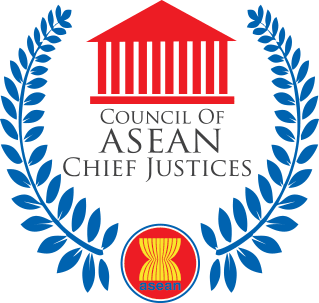Jurisdiction
- Home
- Singapore
Family Division of the High Court & the Family Courts
The Family Division of the High Court and the Family Courts are generally empowered to exercise the part of the civil jurisdiction of the High Court consisting of:
(a) jurisdiction under any written law relating to divorce and matrimonial causes;
(b) jurisdiction to appoint and control guardians of infants and generally over the persons and property of infants;
(c) jurisdiction to appoint and control guardians and keepers of the persons and estates of idiots, mentally disordered persons and persons of unsound mind;
(d) jurisdiction to grant probates of wills and testaments, letters of administration of the estates of deceased persons and to alter or revoke such grants; and
(e) such other jurisdiction relating to family proceedings as is vested in or conferred by any written law.
The Family Division of the High Court also hears appeals from the Family Courts in civil and criminal matters, appeals and special cases from the Tribunal for the Maintenance of Parents, and appeals in criminal matters from the Youth Courts.
The Youth Courts
The Youth Courts generally hear offences committed by persons below the age of 16.
Sources:
Family Justice Act (Act No 27 of 2014)
